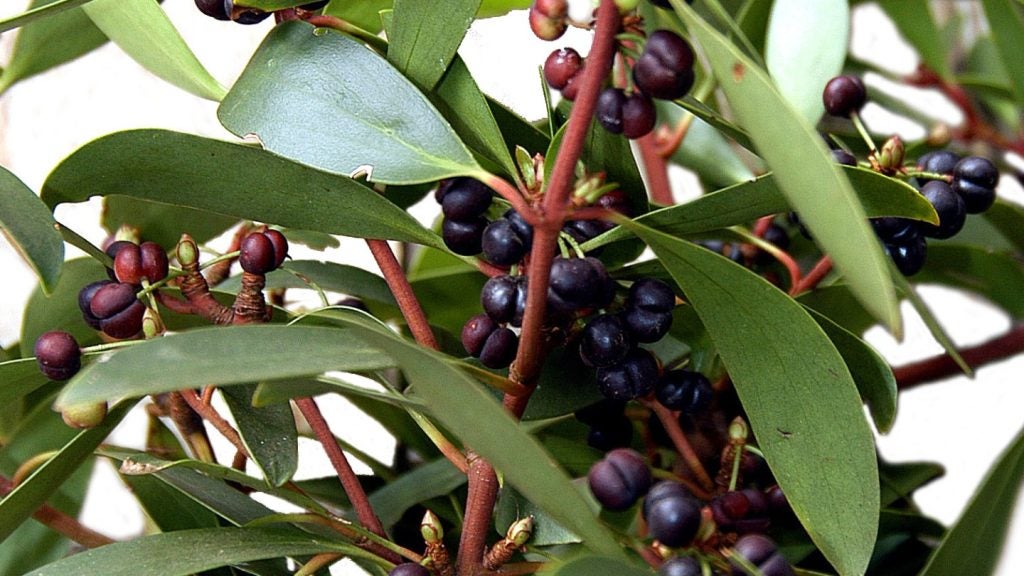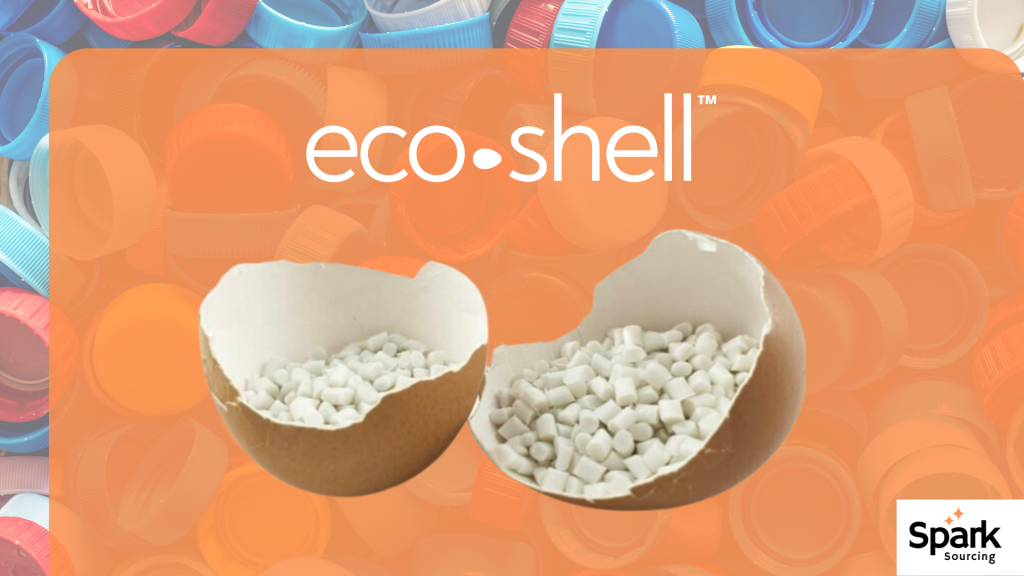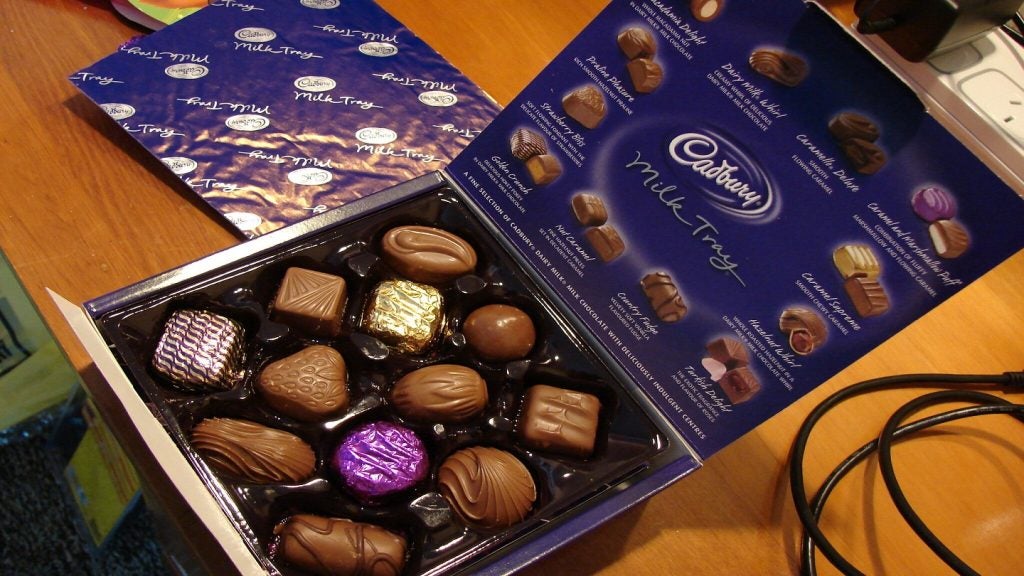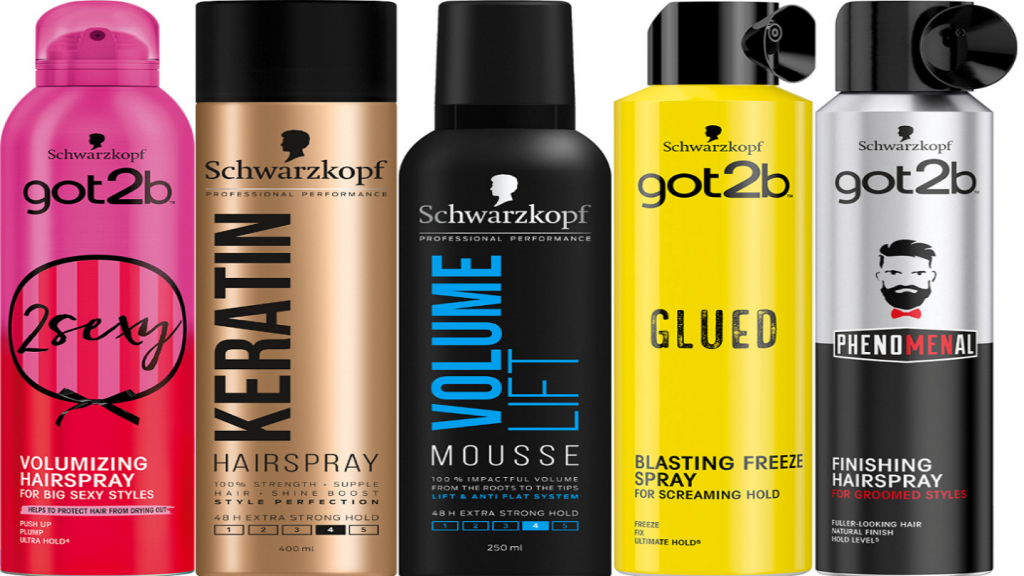Researchers at Australia’s Deakin University have developed a sustainable antimicrobial food packaging prototype that can increase the shelf life of products to minimise both food wastage and illness.
The research was led by the university's Consumer, Analytical, Safety and Sensory Food Research Centre’s PhD researcher Agnes Mukurumbira.
Mukurumbira aimed to understand how to utilise plant-based antimicrobials for killing fungi and bacteria that grow on food and result in 1.3 billion tonnes of food wastage and 600 million cases of foodborne illnesses, annually.
To develop this antimicrobial food packaging, Mukurumbira said the first ingredient required was a suitable antimicrobial.
Mukurumbira said: “In my study, we are using native Australian essential oils Tasmanian mountain pepper and lemon myrtle for sustainability reasons and due to growing demand for natural products.
“From the findings of my first study we now know that these essential oils are potent antimicrobials against common food spoilage and pathogenic bacteria and fungi. It turns out their activity is better than tea tree oil, which has historically been used extensively as an antimicrobial.
“We also stumbled upon the fact that not only are these oils antimicrobial in the liquid phase, but their volatiles, or gases they release, are equally as effective.”
After confirming the antimicrobial effectiveness of the oils, Mukurumbira, in collaboration with her team, worked to address the chemical and physical instability and the strong odour issues of these oils by utilising the ‘encapsulation’ technique.
The team members included Swinburne University associate professor Enzo Palombo and Deakin University PhD supervisors Dr Snehal Jadhav, Professor Russell Keast, and associate professor Robert Shellie.
Mukurumbira added: “Encapsulation is essentially trapping the oil in some sort of wall material. We successfully encapsulated oils giving them stability and allowing for controlled release.”
The team found that the process of encapsulation helped in enhancing the oils’ antimicrobial activity.
In the final steps of the process, the team integrated these encapsulated essential oils into biodegradable plastic formulations, which helped in producing a new form of packaging that releases essential oils, inhibits/kills bacteria and fungi growing on food, as well as extends the shelf life of products.















